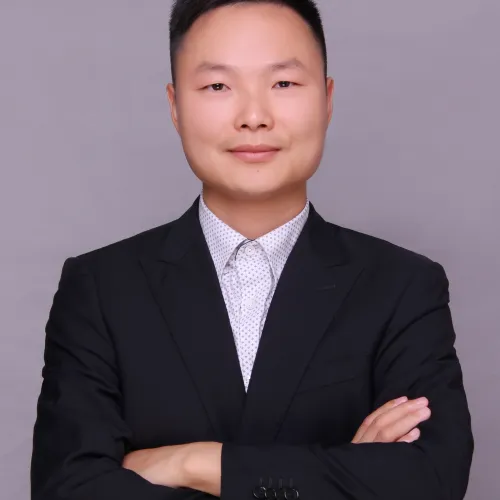Overview
Professor Gu's work aims to better quantify the costs and benefits of carbon and nitrogen use and loss and to understand how they link to policy and management. He discovered that small farm sizes can lead to the overuse of agricultural chemicals alongside socioeconomic development, while urbanization can release more cropland and enhance food security through large-scale farming. Additionally, he found that rural aging and the temporal and ownership decoupling between animals and crops can deteriorate agricultural sustainability. He also developed a nitrogen credit system to promote advanced agricultural practices at the farm level. His current research focuses on sustainable agricultural development, striving to produce more food with less pollution, and involves urbanization and rural development, agricultural resource management, environmental policy regulations, and management for sustainable development.

Bio
Baojing Gu is a professor of sustainability at Zhejiang University, China. He received his training as an ecologist, specializing in biogeochemical nitrogen cycling analysis and economics, at Zhejiang University, the University of Alberta, and McGill University. Currently, he serves as the Executive Editor-in-Chief of Earth Critical Zone, Editor of The Innovation, and Associate Editor of Earth’s Future. He is also the deputy director of the East Asia Center of the International Nitrogen Initiative (INI). In his role, he co-leads cost and benefit analyses of global nitrogen use under the International Nitrogen Management System (INMS) framework, enhancing our understanding of human-nitrogen cycle interactions.
Professor Gu leads several research projects on Sustainable Development Goals (SDGs) and climate change, including the National Key R&D Program, the China-Austria Government Cooperation Project, the National Distinguished Youth Fund Project, and the NSFC-UNEP International Cooperation Key Project. He has published over 130 papers in peer-reviewed journals, with notable contributions in Science (1), Nature (3), PNAS (2), Nature Sustainability (3), Nature Food (9), Nature Communications (2), and The Innovation (2). In 2023, he was recognized as the international champion of the Frontiers Planet Prize.
